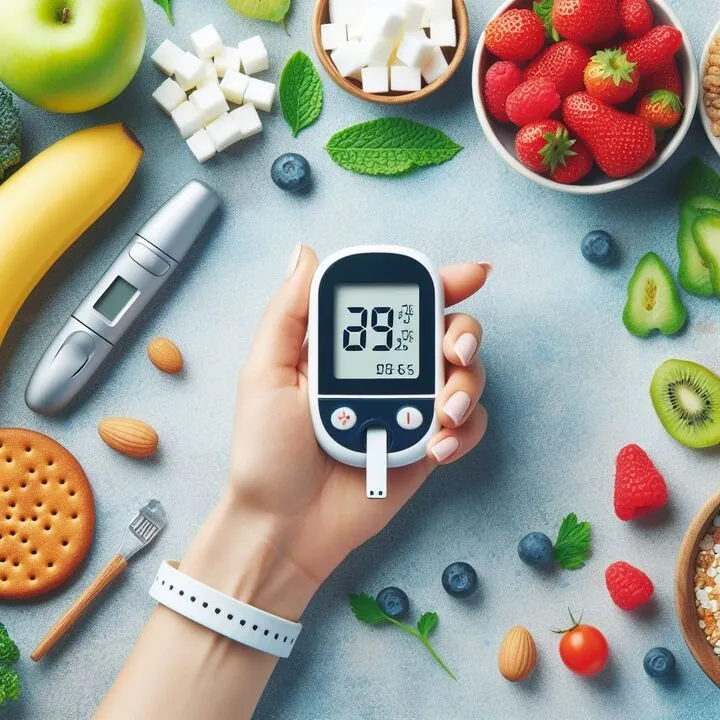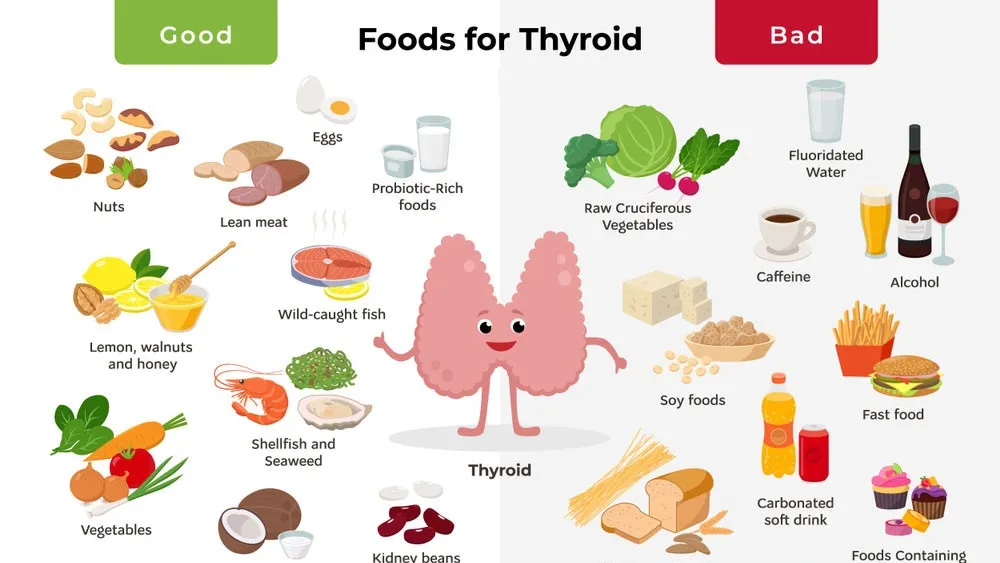
Polycystic ovary syndrome (PCOS) is a common hormonal disorder affecting individuals of reproductive age, characterized by irregular menstrual cycles, hormonal imbalances, and cysts on the ovaries. While there is no cure for PCOS, adopting a healthy lifestyle, including dietary modifications, can help manage symptoms and improve overall well-being.
Introduction to PCOS
PCOS is a complex hormonal disorder that affects millions of individuals worldwide. It is characterized by a combination of symptoms, including irregular menstrual cycles, excessive androgen levels, and polycystic ovaries. PCOS can lead to various health complications, including infertility, obesity, insulin resistance, and cardiovascular disease.
Understanding PCOS
PCOS is a multifactorial condition with both genetic and environmental factors contributing to its development. Insulin resistance, hormonal imbalances, and inflammation play significant roles in the pathogenesis of PCOS. Diagnosis is typically based on clinical symptoms, physical examination, and laboratory tests, including hormone levels and ultrasound imaging of the ovaries.
Link Between Diet and PCOS
Diet plays a crucial role in the management of PCOS. Certain foods can exacerbate symptoms and contribute to insulin resistance, inflammation, and hormonal imbalances. Making dietary modifications can help improve insulin sensitivity, regulate hormone levels, and reduce the severity of PCOS symptoms.
Impact of Food Choices on PCOS
The foods we consume can have a profound impact on PCOS symptoms. High-glycemic index foods, processed foods, sugary beverages, and trans fats can worsen insulin resistance and contribute to weight gain, while whole foods, lean proteins, and healthy fats can support hormone balance and metabolic health.
Foods to Avoid with PCOS
High Glycemic Index Foods

Foods with a high glycemic index, such as white bread, white rice, and sugary snacks, can cause rapid spikes in blood sugar levels, leading to increased insulin secretion and insulin resistance. Individuals with PCOS should limit their intake of these foods and opt for whole grains, fruits, and vegetables instead.
Processed Foods
Processed foods are often high in refined sugars, unhealthy fats, and artificial additives, all of which can contribute to inflammation and insulin resistance. Avoiding processed foods and focusing on whole, unprocessed foods can help improve insulin sensitivity and reduce inflammation in individuals with PCOS.
Sugary Beverages

Sugary beverages like soda, fruit juices, and energy drinks are loaded with added sugars and provide empty calories. Regular consumption of sugary beverages can lead to weight gain, insulin resistance, and worsened PCOS symptoms. Opt for water, herbal tea, or sparkling water flavored with fresh fruit as healthier alternatives.
Refined Carbohydrates
Refined carbohydrates, such as white flour, pasta, and pastries, have been stripped of their fiber and nutrients during processing, resulting in rapid spikes in blood sugar levels. These foods can contribute to insulin resistance and should be limited in the diet of individuals with PCOS. Choose whole grains, legumes, and vegetables for long-lasting energy and stable blood sugar levels.
Dairy Products
Some research suggests that dairy consumption may exacerbate PCOS symptoms due to its potential to increase insulin-like growth factor 1 (IGF-1) levels and promote inflammation. While dairy can be part of a balanced diet, individuals with PCOS may benefit from choosing dairy-free alternatives such as almond milk, coconut yogurt, or cashew cheese.
Trans Fats
Trans fats are artificial fats found in processed and fried foods, baked goods, and margarine. These fats can increase inflammation, insulin resistance, and cardiovascular risk, making them particularly harmful for individuals with PCOS. Avoid foods containing partially hydrogenated oils and opt for sources of healthy fats like avocados, nuts, and seeds instead.
Red Meat
Red meat, especially processed and fatty cuts, may contribute to inflammation and insulin resistance when consumed in excess. While lean cuts of red meat can be part of a balanced diet, individuals with PCOS should limit their intake and prioritize plant-based protein sources like beans, lentils, tofu, and tempeh.
Soy Products
Soy products contain phytoestrogens, plant compounds that mimic estrogen in the body. While moderate soy consumption is generally safe for most individuals, excessive intake may disrupt hormonal balance in some people, including those with PCOS. Choose organic, non-GMO soy products and consume them in moderation as part of a balanced diet.
Caffeine
Caffeine consumption has been associated with hormonal imbalances and menstrual irregularities in some individuals, although the evidence is mixed. While moderate caffeine intake is generally considered safe for most people, individuals with PCOS may want to limit their consumption or opt for decaffeinated beverages to minimize potential hormonal disruptions.
Alcohol

Alcohol consumption can affect hormone levels, liver function, and insulin sensitivity, potentially exacerbating PCOS symptoms. While occasional moderate alcohol consumption is unlikely to cause harm, excessive or regular alcohol intake should be avoided by individuals with PCOS. Choose non-alcoholic beverages or limit alcohol consumption to special occasions.
Artificial Sweeteners
Artificial sweeteners, such as aspartame, sucralose, and saccharin, are commonly found in diet sodas, sugar-free snacks, and other processed foods. While these sweeteners provide few or no calories, some research suggests that they may negatively impact insulin sensitivity and gut microbiota, potentially worsening PCOS symptoms. Opt for natural sweeteners like stevia, monk fruit, or erythritol instead.
Sodium
High sodium intake can lead to fluid retention, bloating, and increased blood pressure, exacerbating PCOS symptoms like water retention and hypertension. Individuals with PCOS should aim to reduce their sodium intake by avoiding processed and packaged foods high in salt and seasoning meals with herbs, spices, and citrus juices instead.
Conclusion
In conclusion, making dietary modifications can play a significant role in managing PCOS symptoms and improving overall health. By avoiding high-glycemic index foods, processed foods, sugary beverages, trans fats, and other PCOS-triggering foods, individuals can support hormone balance, reduce inflammation, and optimize metabolic health. Consulting with a healthcare provider or registered dietitian can provide personalized guidance and support for developing a PCOS-friendly diet.





